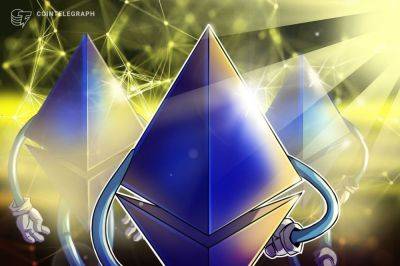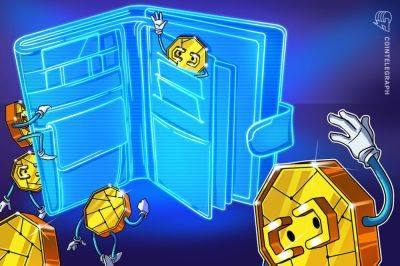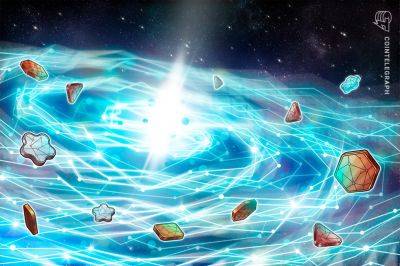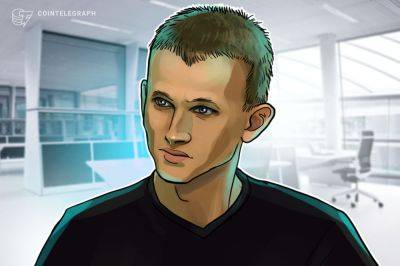Vitalik Buterin shares account abstraction challenges in Ethereum: EthCC
While account abstraction is perceived to be a catalyst that could onboard a billion users to Ethereum, its co-founder Vitalik Buterin shared some challenges in implementing the new feature on the blockchain.
Speaking on July 18 at the Ethereum Community Conference (EthCC) event in Paris, Buterin explained some of the key innovations that modern account abstraction brings and the current hurdles that the community is facing when it comes to the concept.
At the moment, when Ethereum users are transferring ERC-20 tokens, they are required to hold Ether (ETH) to pay for the transaction fees within the network. According to Buterin, account abstraction extensions, generally called “paymasters,” can allow users to pay their fees with “whatever coins that they are transferring.” Apart from this, the extension can also allow decentralized applications (DApps) to sponsor transactions for their users.
Moreover, Buterin also talked about another extension called signature aggregation. According to the Ethereum founder, by compiling signatures with the feature, developers can save money on gas and data. He explained:
Along with the potential benefits of account abstraction for users, Buterin also recognized that developers still need to overcome challenges. This includes needing an Ethereum Improvement Proposal (EIP) to upgrade current Ethereum externally-owned accounts — normal user accounts — into smart contracts and ensuring the protocol works similarly in layer-2 solutions.
Related: Lost keys have already cost billions of dollars, many more at risk — Polygon exec
Buterin also highlighted that there are additional challenges when it comes to integrating with existing technologies, such as biometrics and integration with
Read more on cointelegraph.com






















